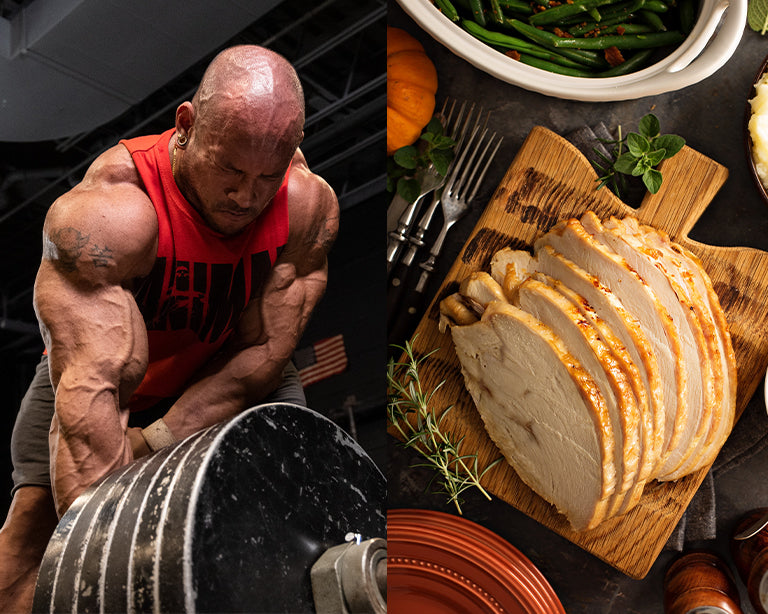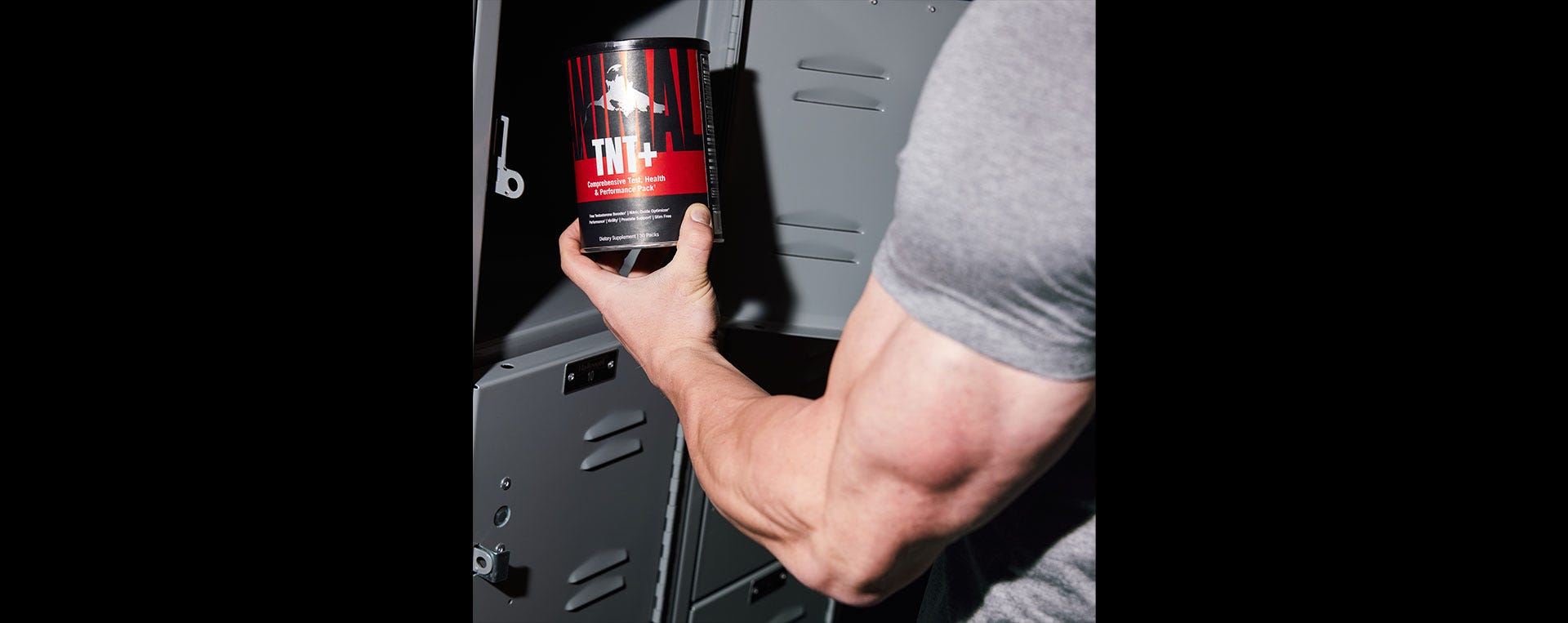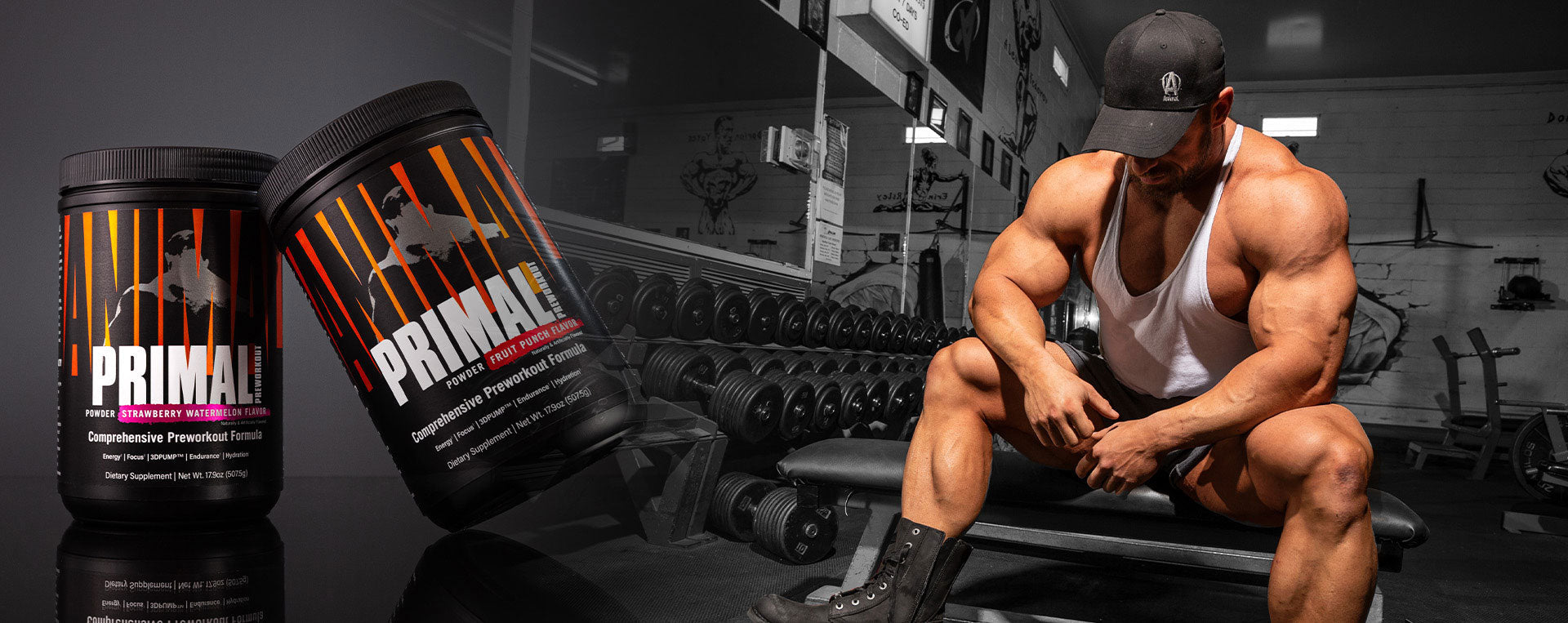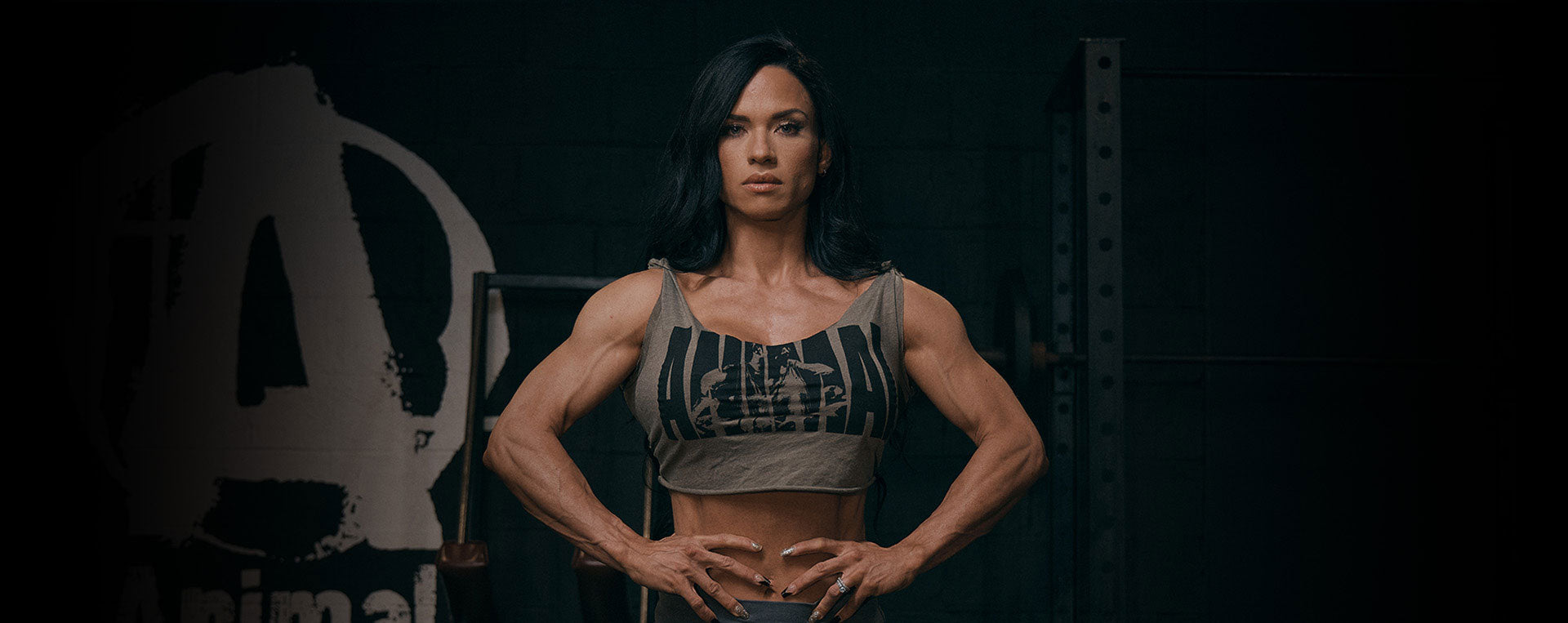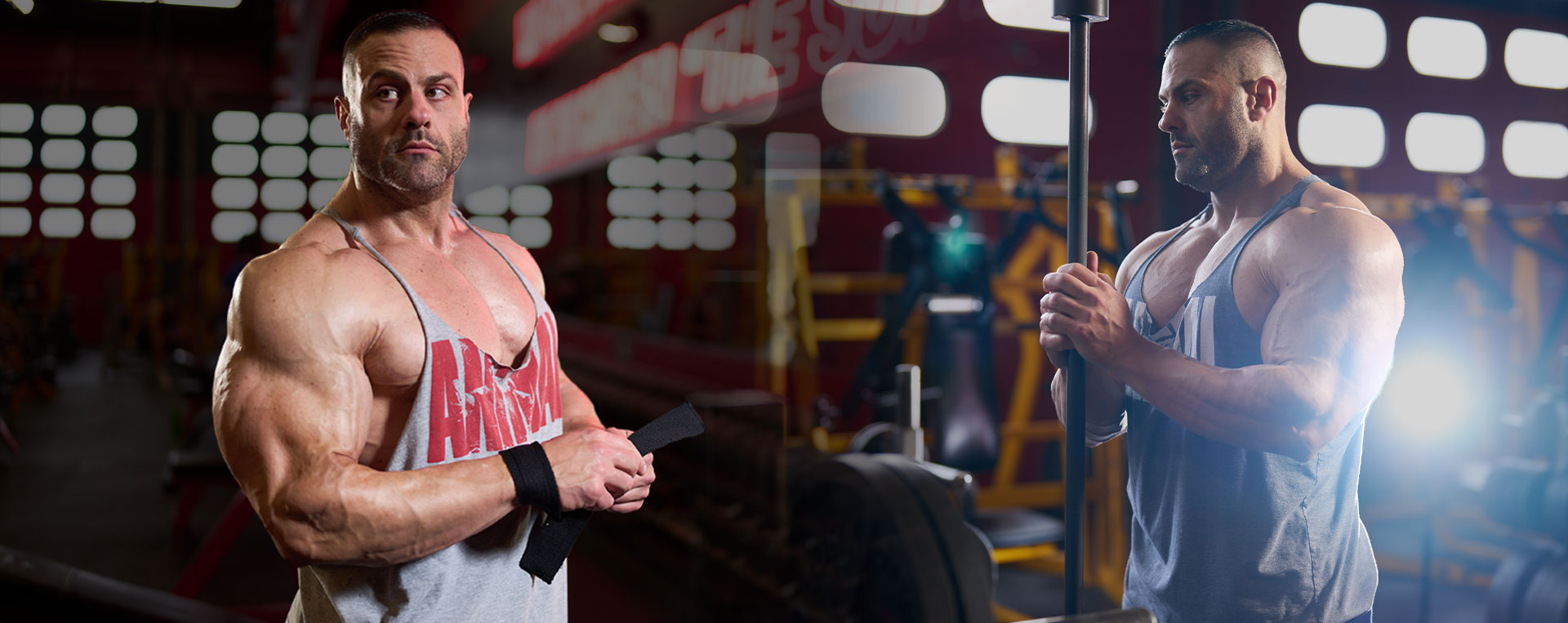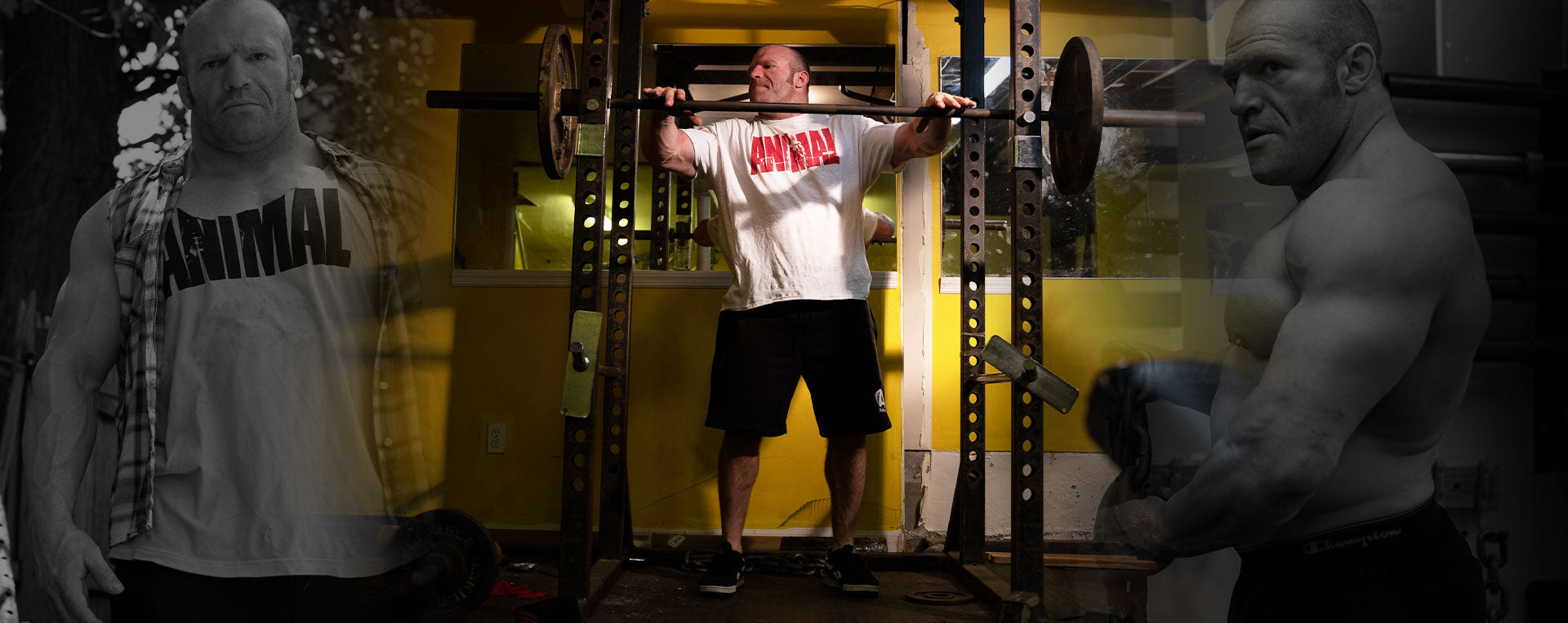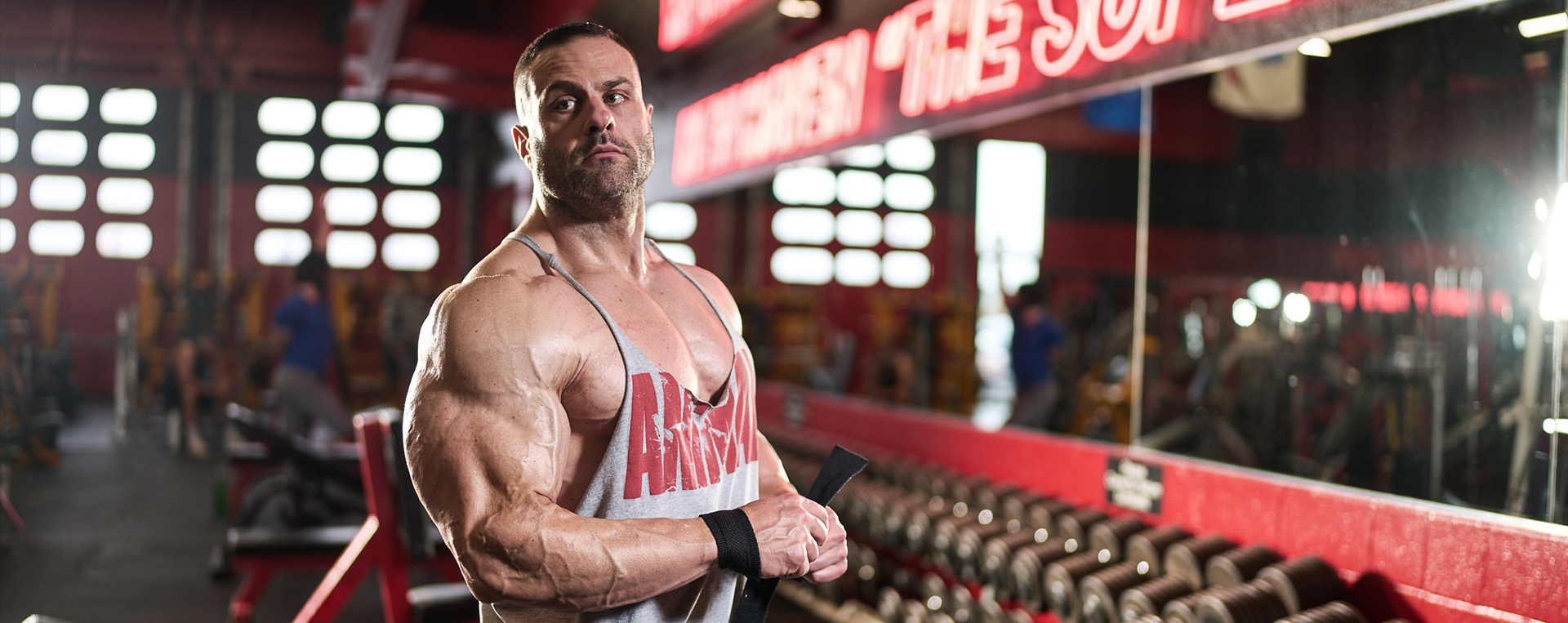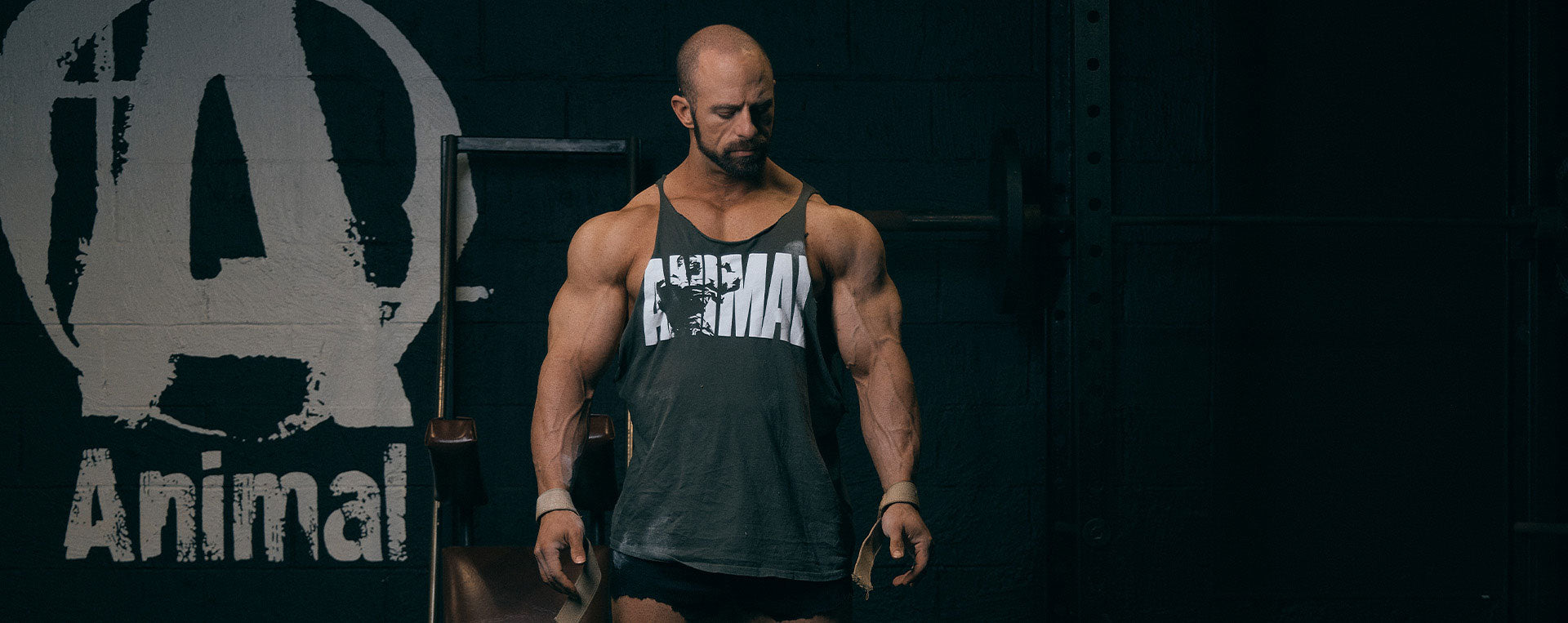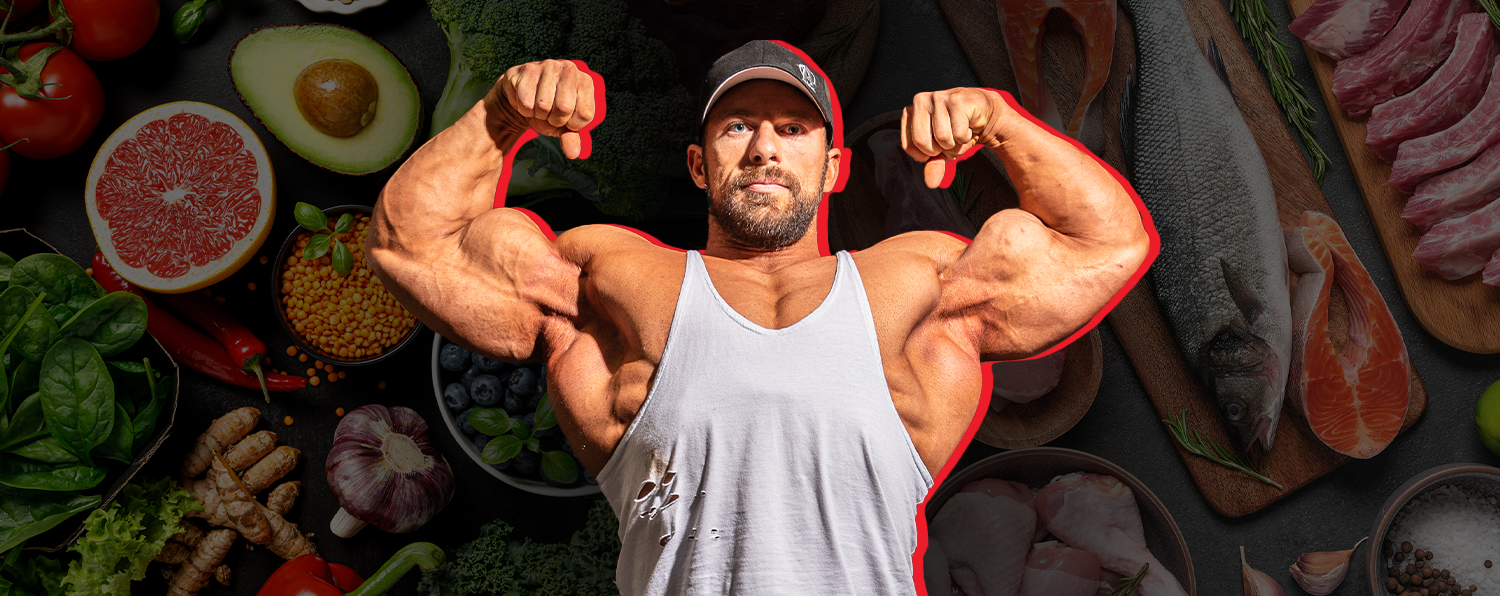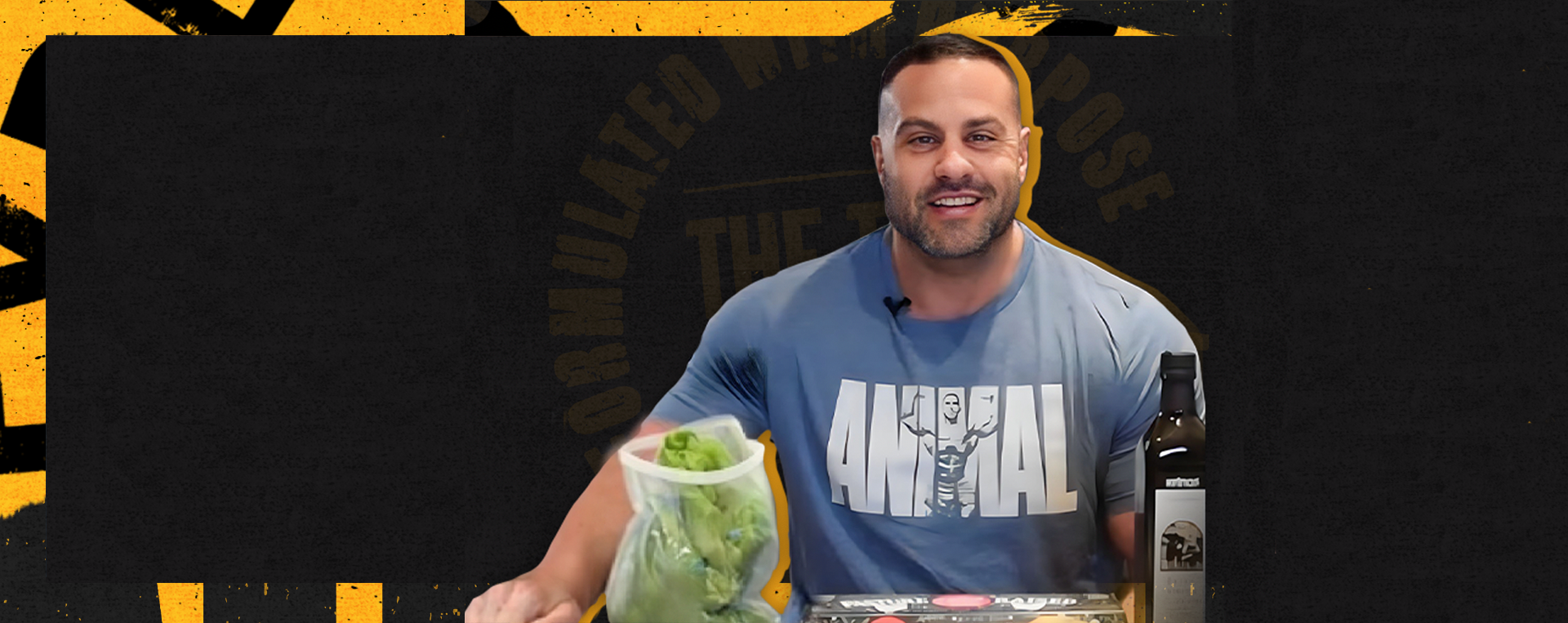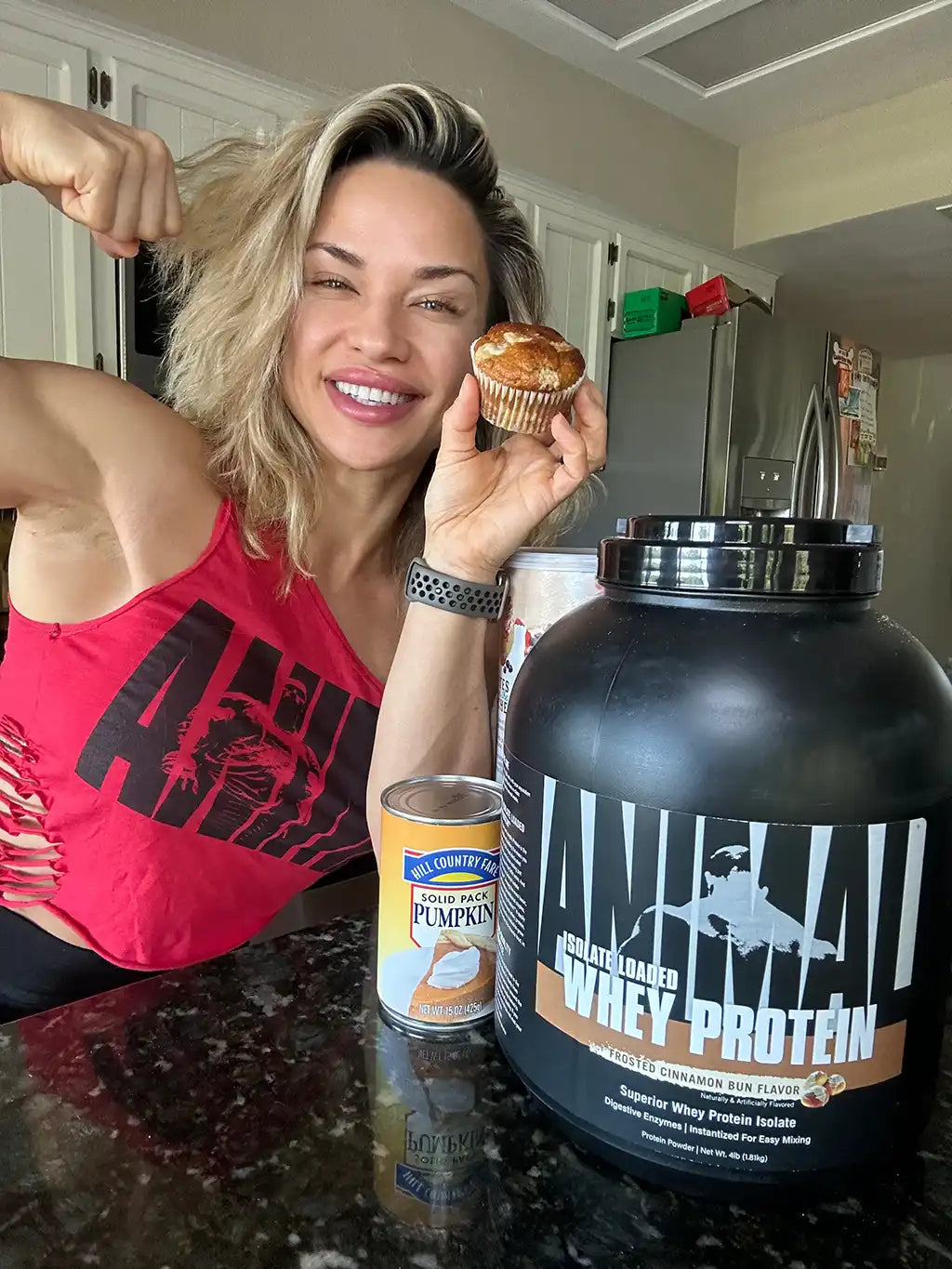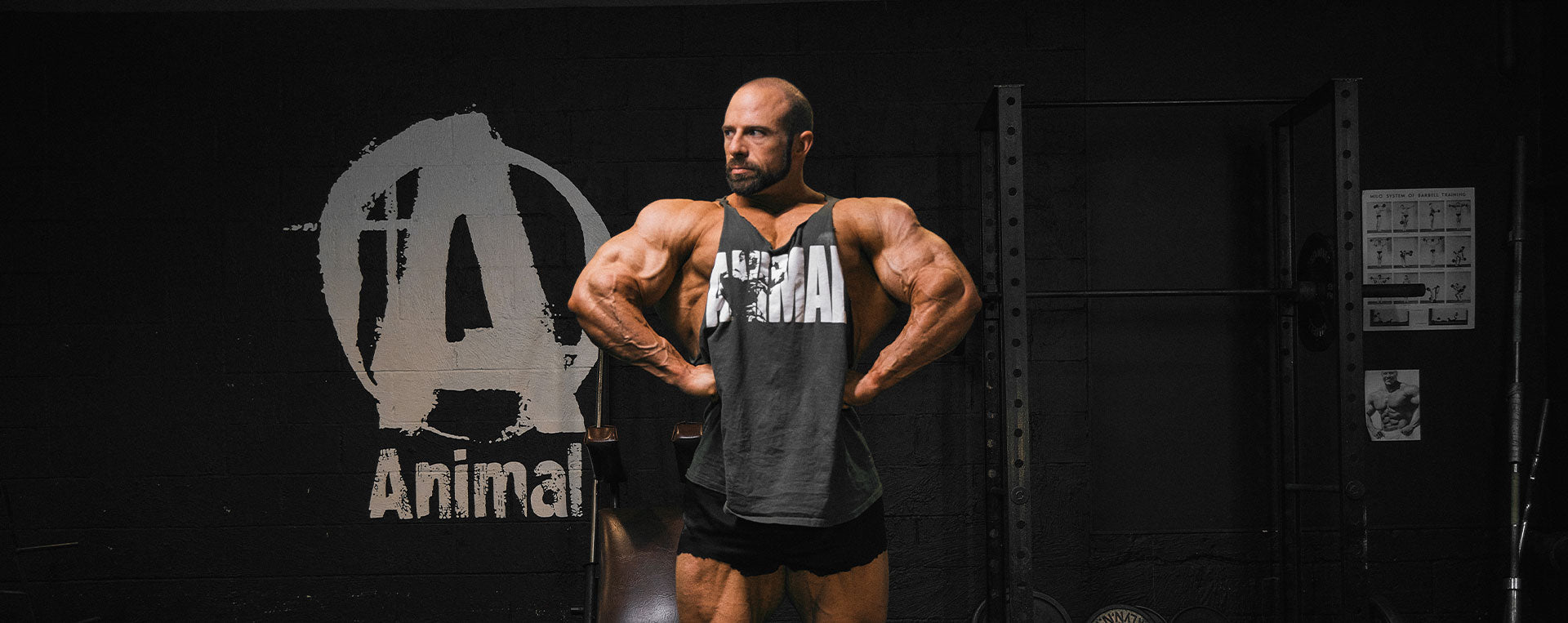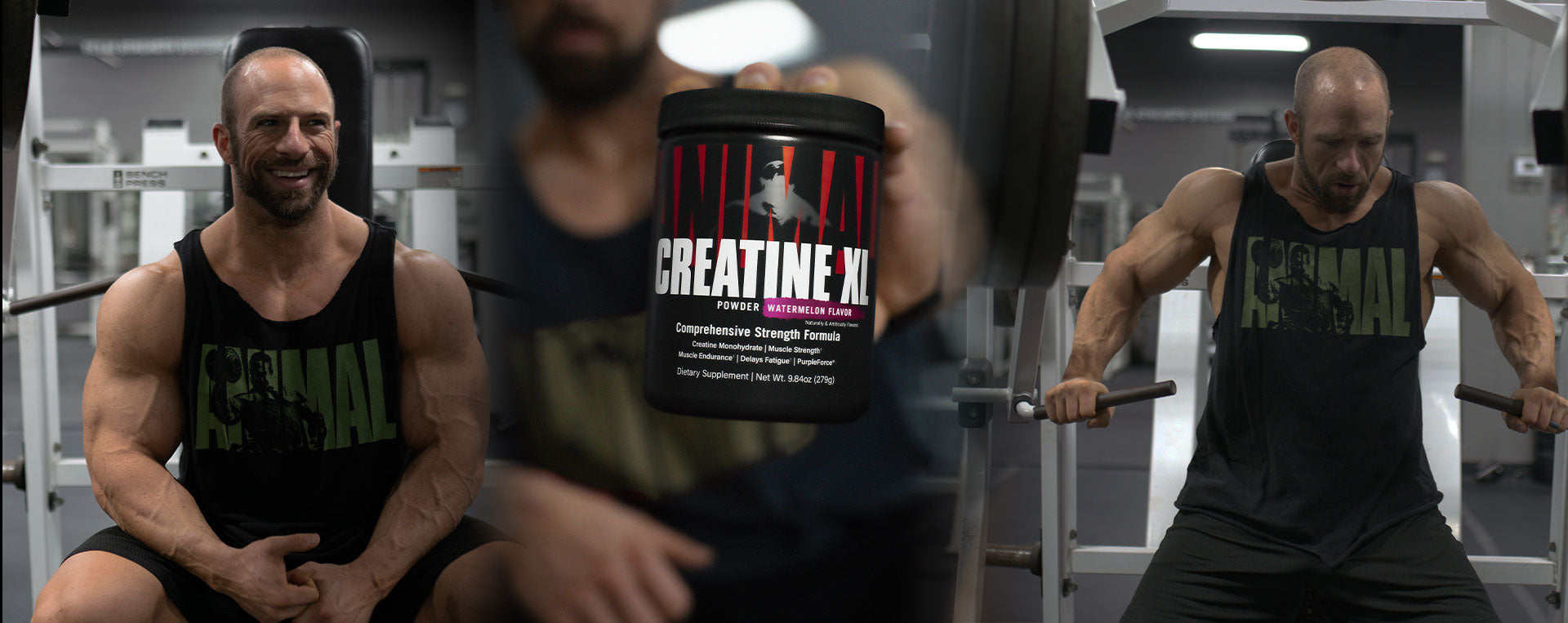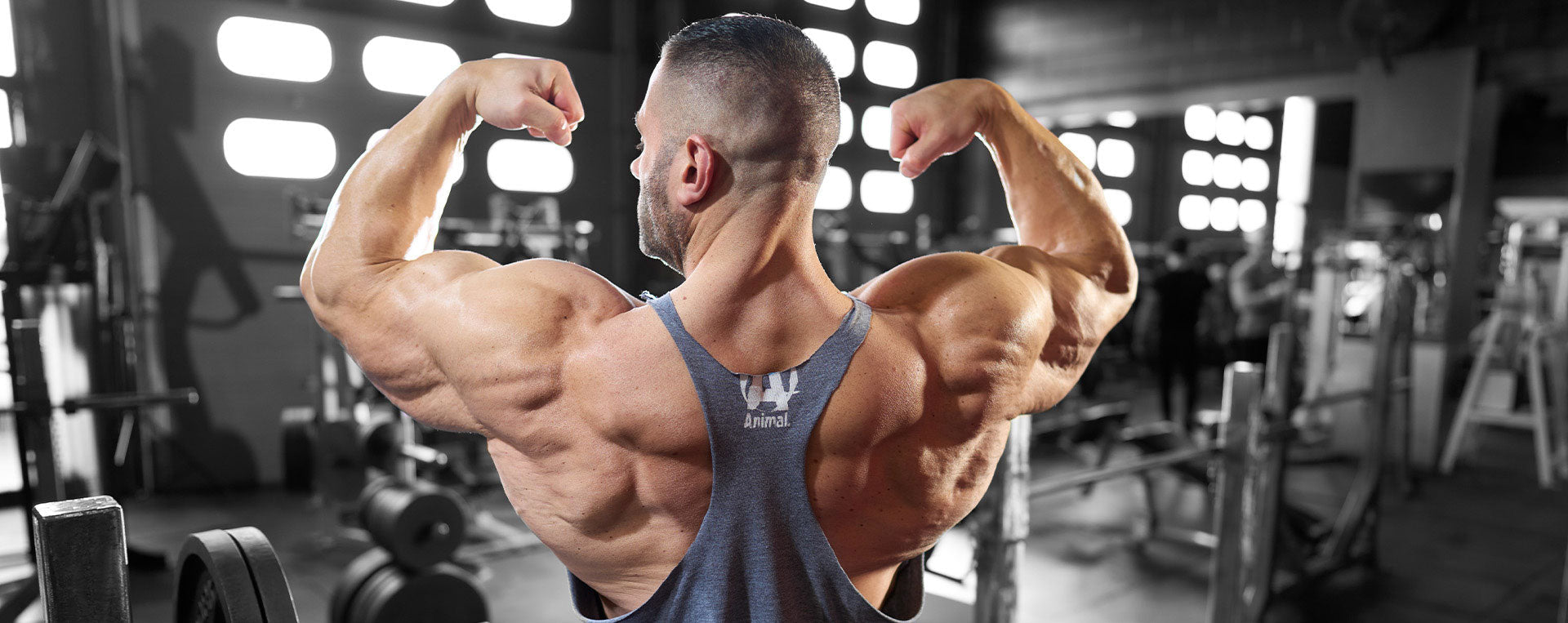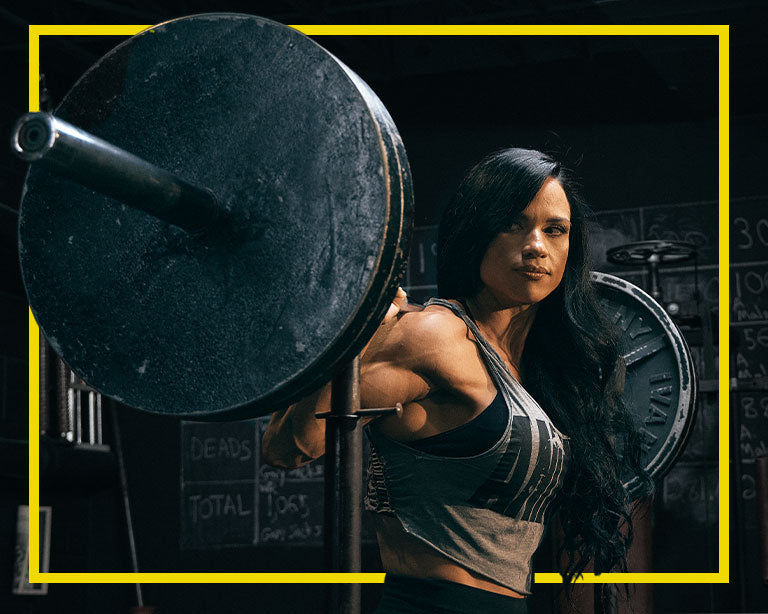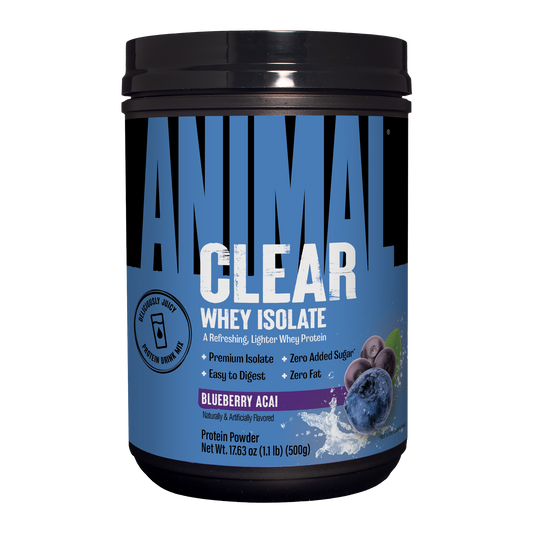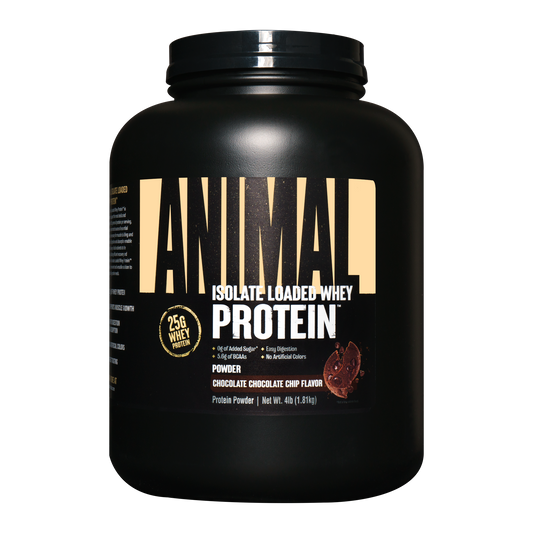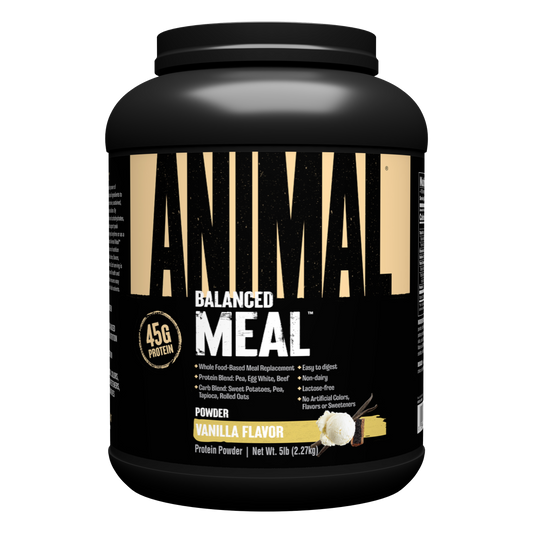It’s once again holiday season. It also happens to be your off-season, so you know you are going to want to eat your mom’s famous macaroni and cheese that she cooks especially for you…but you are also worried it might completely derail the awesome progress you’ve been making. You’ve been really on top of your game: new PRs in the gym every week, no cheat meals, and maintaining a lean physique. Don’t freak out! You’ll get to eat “normal” food with everyone and you’ll continue to kill it in your off-season as well. Just take some steps to help minimize the negative impacts of eating super high caloric meals. Here are some strategies that I use during the holidays to stay on top of my game.
An easy strategy to practice is to eat your proteins first. Protein generally provides the most satiation (feeling of being full) out of any macronutrient. As bodybuilders, we need a high intake of protein anyway. By filling up on turkey or roast beef or something similar, you are going to leave less room for those dangerous food items such as butter, cheese, oils, pastas, potatoes, and bread. Most holiday foods contain these ingredients and are also very high in fats and carbohydrates. Fats and carbs are generally more palatable than protein, so you are more likely to overeat these items.
Decreasing the calories on all of your other meals for that day and the days preceding and following is another good idea. According to the Calorie Control Council, the average American will consume 3,000 to 4,500 kcal in one single holiday meal—that’s an entire daily allowance for many bodybuilders. Since most of these calories will come from fat and carbohydrates, you should reduce your caloric intake from there. I drastically reduce fat and carbs from all of my usual meals for that day, and the days before and after, while emphasizing protein and vegetables. That way my calorie consumption over the course of 3 days or so averages out to around what it normally is, and I don’t experience any weight or fat gain from eating the holiday meal.
You might also consider fasting for the rest of the day after a holiday meal to reduce calories for that day. If I’m feeling particularly stuffed and sluggish after a holiday meal, I won’t eat any more for the rest of the day. The high fat content in holiday meals will slow down digestion. Couple that with the high volume of food consumption, you are likely to experience some indigestion and bloating. Force feeding your remaining meals will probably just make that problem even worse, not to mention that you will have likely already met your calorie quota for the day.
Adding or increasing calorie expenditure for that day would also be a very wise decision. This will obviously reduce your caloric surplus for that day, minimizing the amount of fat you’ll likely gain. Add some extra volume to your weight training session, increase your cardio duration and intensity, go for a bike ride, or play a pick up game of basketball with the family. Do anything you can think of to move around more. Most people relax and take it easy for the day when in actuality they should be more active. After a holiday meal, most people head straight for the couch or take a nap. Take a 10-15 minute walk instead. This enhances digestion, lowers blood sugar and blood pressure, and will also burn some calories as well.
It’s really all about energy balance. Take steps to reduce calorie intake while increasing calorie expenditure. The more you plan on eating, the more you need to cut back on meals before and after. You should also increase calorie expenditure for that time. Implement one or all of these strategies this holiday season. With some planning and a bit of effort, you can enjoy that rare holiday meal with your family and not have to worry about sabotaging all of your hard work.








